Can you share a little about your recent book?
I have written over 40 books. Eight of them have been turned into films. At this stage, I bounce back and forth between fiction and nonfiction. I have a new title just releasing which is the latest in my “Art of” series. This one is entitled The Art of Influence. It deals with the things that influence us and how we can influence the world. It is the sixth book in the series. Additionally, I have just finished a novel entitled Will to Win. It is my third title in my Homecoming Historical Series. Each novel/movie takes place in a modern-day high school, but the namesake of the school is involved in the story. The first book One Season of Hope dealt with Harry Truman; the second featured Napoleon Hill; and the new story—Will to Win—is set in a modern-day Will Rogers High School and Will, himself, gets involved in the story. It has already been optioned for a movie, so we are working on script elements at the same time we are finalizing the novel.
Why do you write? Do you have a theme, message, or goal for your books?
I write because I am in the message business. Along with my speeches, my national radio show, my syndicated column, and the movies, books are my way of communicating with my readers around the world.
How long have you been writing?
As a blind person myself, I’m embarrassed to admit that when I could read with my eyes as most people do, I don’t know that I ever read a whole book cover to cover. After losing my sight, I discovered high-speed digital audio books which allow me to read an entire book each day. Becoming a reader 30 years ago prompted me to become a writer about 20 years ago.
And how long did it take you to get your first major book contract? Or are you published non-traditionally? How did that come about?
Thanks to two of my speaking colleagues with whom I was sharing the stage at a number of events—Dr. Robert Schuller and Dr. Denis Waitley—I was able to get a book contract before I even began writing my first title. This has been the case with all my books since.
How long does it take you to write a book?
The fastest I ever wrote a book was my first novel, The Ultimate Gift. I dictated the book in five days, and there were virtually no edits or rewrites. Some of my financial or historical titles take considerable research and can involve working six months to a year.
What’s your writing work schedule like?
As a blind person, I dictate everything to my valued colleague Dorothy Thompson here in our office. I write between my phone calls and meetings at my company. Once I have finished a book, I may not write again for a number of months, so there’s not really a regular schedule involved.
Do you have an interesting writing quirk? If so, what is it?
As a person who writes books he can’t read that are often turned into movies he can’t see, the whole process is rather unique and quirkie. I have been privileged to work with one of the most talented editors and grammarians in the field for over two decades. While I am thinking, she edits and makes corrections. When we get to the end of a chapter, she reads it back to me once, and generally speaking, we are done with it. It’s not a process I would recommend to anyone else, but it works for me.
What has been your greatest joy(s) in your writing career?
Among my greatest joys are hearing from many thousands of people around the world who have read my books or watched the movies based on them. A book is an inert object until it goes out into the world where it can educate, entertain, and transform.
What has been your darkest moment(s)?
There are times when I write about very personal and traumatic things in my life. This can cause me to have to re-live things I would rather forget.
Which of your books is your favorite?
All my books and movies are like my children in that it’s hard to pick a favorite. The Ultimate Gift novel/movie certainly opened the door around the world for me to find a bigger audience and a greater message.
Who is your favorite author to read?
As I read an entire book each day, picking one favorite author is like picking my favorite food or song. I go through phases in which I will read everything by F. Scott Fitzgerald, Louis L’Amour, or Ernest Hemingway, then shift to nonfiction and read Wayne Dyer, Napoleon Hill, or Denis Waitley.
What advice can you give aspiring writers that you wished you had gotten, or that you wished you would have listened too?
Read more. Learn more. Write more. And enjoy the experience every day. At best, you will only spend a few moments on the mountaintop, and you will spend many years climbing.
How many times in your career have you experienced rejection? How did they shape you?
I don’t know that I’ve really experienced rejection in the way many writers experience it. There have been times in negotiating with publishers or movie studios that it wasn’t a good fit, but I only view this as if we were dating and were both looking for the right connection before making a commitment.
Do you have a favorite character or scene in one of your books?
Red Stevens, the billionaire in The Ultimate Gift books, is one of my favorite characters. The scene in the book and movie in which he tells his grandson goodbye is among my favorites. It was brought to life on the big screen by James Garner who gave a powerful and enduring performance.
Where do you get your ideas?
Life brings me more ideas than I will ever be able to capture in a book. I have files of concepts, character names, and scenarios that I would love to write about, but the file is growing bigger and not smaller, so some of them will never see the light of day.
What are common mistakes you see aspiring writer’s make?
Many aspiring writers make the mistake of comparing their first draft to other people’s published work. In a recent edition of Hemingway’s Moveable Feast, the publisher did a huge favor to future generations of writers by printing some of Hemingway’s first drafts of that title. Coming to understand that the greatest writers who have ever lived struggled like the rest of us do is a valuable lesson.
Where/How do you recommend writers try to break into the market?
Writers must remember that it’s a numbers game. As a blind person myself, and a huge baseball fan, I’m convinced I could get a hit off of the best pitcher in the Major Leagues if you will let me alter only one rule of baseball. If I can have as many strikes as I want, I will inevitably get a hit. Agents, publishers, and the entire literary industry are based upon finding and presenting great written work to the marketplace. They are looking for writers as much as writers are looking for them. Just keep swinging, and you will eventually hit a homerun.
Bio
Jim Stovall has been a national champion Olympic weightlifter, the President of the Emmy Award-winning Narrative Television Network, and a highly sought after author and platform speaker. He is the author of the best selling book, The Ultimate Gift, which is now a major motion picture starring James Garner and Abigail Breslin. For his work in making television accessible to our nation’s 13 million blind and visually impaired people, The President’s Committee on Equal Opportunity selected Jim Stovall as the Entrepreneur of the Year. He was also chosen as the International Humanitarian of the Year, joining Jimmy Carter, Nancy Reagan, and Mother Teresa as recipients of this honor.
Website: www.jimstovall.com
His books are available wherever books are sold.
EDITOR’S NOTE: I discovered that Jim Stovall and I are both graduates of Oral Roberts University. He graduated in ’81, I in ’76.

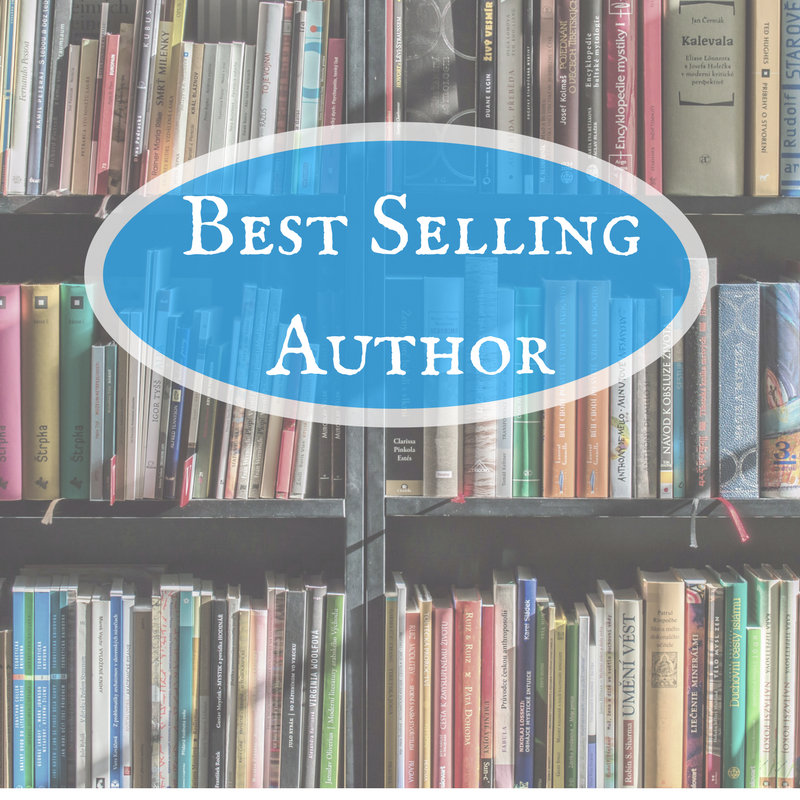
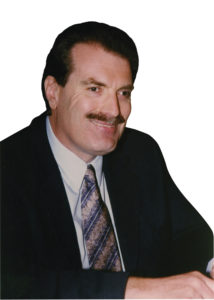
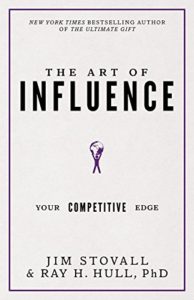
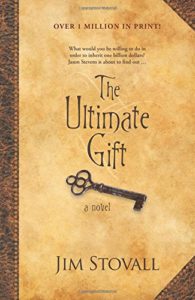
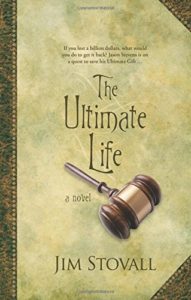
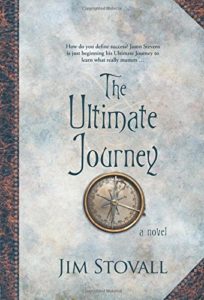

 We love helping your growing in your writing career.
We love helping your growing in your writing career.
No Comments